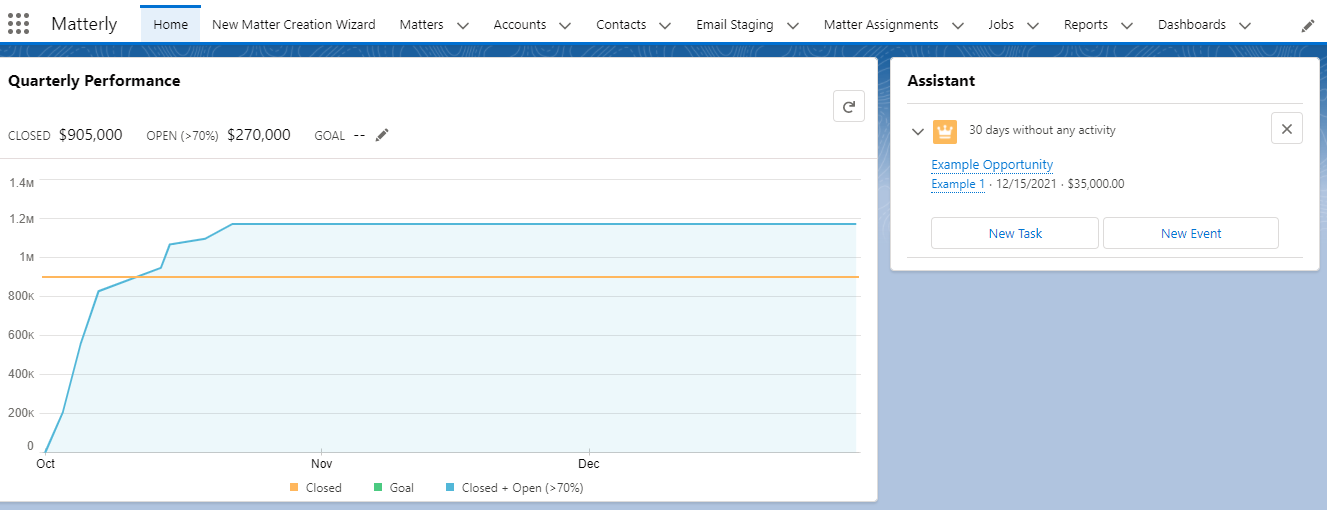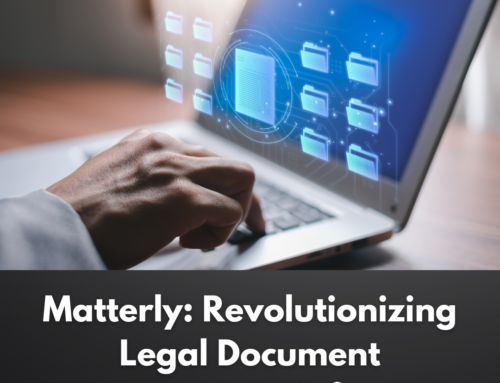Legal automation software is a type of software that enables businesses to simplify, automate, manage, and track legal operations. Legal automation tools and systems are gaining popularity in the sector.
As legal functions realize they have fallen behind their functional colleagues in legal automation software and technology, they are eager to catch up.
However, the tide is shifting; legal functions will raise their spending by 252 percent over the next two years, although from a low base.

The excitement around technology-led Confusion caused by insufficient expertise navigating a vendor eco-system is exacerbated by a plethora of vendors and legal automation consultants offering sizzle with limited steak.
General Counsels who make poor judgments here will be disabled for years.
On the other hand, General Counsels that neglect to invest in automated legal services would subject their attorneys to the monotony of dull jobs and impose massive ‘Legal Drag’ on their firm.
There are three key pillars in the Legal Automation category:
- When developing their technology strategy, the issue for decision-makers is that they will almost certainly require numerous, if not all, of these solutions. Legal departments have discovered that acquiring, implementing, integrating, and administering each of these discrete systems is expensive and time-consuming and has a high failure rate.
- As one critic put it, “we felt like we had erected railroad stations all across the nation with no train tracks running into them.” That was not only pricey, but no one utilized them.’
- The difficulty has resulted in creating integrated Legal Automation software platforms known as ‘Legal Operating Systems.’ These solutions incorporate a wide range of legal technology to allow businesses to self-manage legal responsibilities while also allowing attorneys to boost productivity significantly.
What is the Importance of Legal Automation Software?
Corporate legal departments are constantly challenged to perform more with fewer resources. Humans are scarce and expensive, so accomplishing more entails using procedure and technology.

However, there is little to no assistance offered to legal from a priority or budgetary standpoint when it comes to technology.
As a result, legal teams continue to operate in highly manual methods.
As a result, legal counsels are forced to perform repetitive and low-value work.
The legal department becomes a holder of the business and lacks visibility and capacity to report on legal data and activities.
Its motivating aspects include:
- Budget cutbacks or personnel reductions year after year
- Corporate cost-cutting and simplification strategy
- As organizations and regulatory environments get increasingly complicated, so does the number of legal work.
- Legal departments that aspire to progress from being only a support role to being more strategic advisers to the company
- Legal operations (or ‘Legal Ops’) are emerging disciplines that see legal departments operated like businesses and focus on improving the supply of legal services to their commercial clients – legal automation is a significant pillar to achieving this.
Legal automation is most effective when automating all low-value, low-risk legal work, allowing attorneys to focus on high-value, high-risk work.
As a result, no-touch and low-touch legal tasks have been developed, freeing up time for legal teams and involving them only when essential.
Among the advantages of legal automation software are:
- Giving time back to legal teams:Refocus the legal team on high-impact work by automating and implementing self-service journeys for low-complexity tasks.
- Faster turnaround for business clients — reduce bottlenecks to move transactions forward more quickly by enhancing access to services through self-service and decreasing the line for high-priority legal inquiries.
- Improve accuracy and adopt correct techniques and processes to achieve higher compliance.
- Standardization aims to improve operational excellence and service delivery uniformity.
- Data capture is gaining access to and reporting on data that isn’t recorded in traditional manual means of working, such as email and phone conversations.
FINAL WORDS:
The use of tools and technology to enable legal teams to simplify, automate, and measure legal work is legal automation software.
Legal automation software enables organizations to establish self-service and self-help platforms for their clients. It allows attorneys to focus on high-value jobs where they may offer value as specialists, such as negotiating and providing strategic counsel.






Leave A Comment